Gun Range - What You Need To Know

A gun range is a great place to work on your firearm shooting skills. Many people run simple tactics like reloads and drawing from a holster while the more advanced person may run more extreme tactics like shooting around barricades and shooting on the move.
Range Rules

All range rules vary from one range to the next. It doesn't matter if they are indoor or outdoor, you need to know the safety rules that apply to that specific range facility you are visiting. Some have Range Safety Officers (RSO) and are there to help. They possess the knowledge and skills needed in organizing and supervising safe shooting activities.
All federal laws, state laws, and local laws must be obeyed and most range rules are posted at the facility or on their website.
Here are some essential rules that most shooting ranges incorporate.
- Eye and Ear protection MUST be worn by anyone on or near the firing line during all live fire sessions.
- ALWAYS keep the firearm unloaded until ready to use.
- ALWAYS keep the firearm pointed in a safe direction.
- ALWAYS keep your finger off the trigger until you come up to your target and are ready to fire.
- No alcoholic beverages will be allowed on or behind any firing line.
- You must be 18 years of age or older to use the gun range unless accompanied by a parent or legal guardian
(Again, these are just some of the basic range rules. There are many more when it comes to range etiquette. make sure you know what they are when visiting)
Indoor shooting ranges obviously have different rules due to the fact that they are inside a building with limited space. For the most part, though, the rules mentioned above are taken into consideration regardless of the type of range.
Range Fees

Fees can vary from type of ranges and memberships. Some rural outdoor ranges only allow a yearly fee with the option of taking a guest, while the more state of the art indoor ranges allow you to pay as you go with an option of monthly and yearly fees as well.
Some of these well built indoor ranges will also offer firearms rentals. This is a great idea if you are looking for your next concealed carry pistol. You just may be able to rent that firearm you've been eyeing for quite a while now and see if it's the right gun for you.
Indoor vs. Outdoor Shooting Ranges
If you live in an area that is rural or has a short drive to the country then you can definitely train in a more progressive mode. Most outdoor shooting ranges don't mind more advanced drills as long as you are careful and are following common range rules.
If you live in an urban area where maybe an indoor shooting range is the only thing available, you may be held to some more minor training tactics. This is due to the fact that most urban indoor ranges have set shooting lanes, not to mention neighboring buildings and businesses.

You can definitely run important and more advanced drills in an indoor range. Here are some you may be able to incorporate next time.
- shooting from a low ready position.
- flashlight drills (incorporating a handheld flashlight in your support hand or working your WML)
- reloading drills
- ball and dummy drill (great for shooters who flinch on trigger pull)
- supporting hand and strong hand drills
Target retrieving systems are a definite plus when at the range. This is one of the best parts of shooting indoors. Most indoor gun ranges are equipped with such target systems.
Shooting sports will most likely fall into the outdoor shooting range as there is usually rapid fire and clay targets involved. This all depends on what type of competitive shooter you are as some indoor ranges may allow some sort of competition drills.
Though Law enforcement and military agencies use them for qualifications, training, and practice, many everyday gun owners find themselves visiting gun ranges more and more these days.

Whether you find yourself in an indoor or outdoor range, get out there and practice. Always push yourself to get better and make sure you stay safe.

Rene Aguirre is the founder and owner of Bravo Concealment. Rene has been carrying concealed on a daily basis for over 8 years and has been a CHL (concealed handgun license) holder for more than 20 years. Finding a high interest in firearms for many years, Rene started Bravo because of the “lack of” a good concealed carry holster on the market.
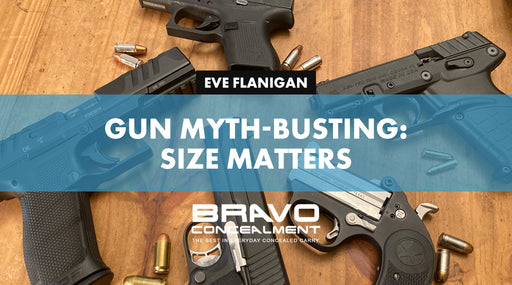
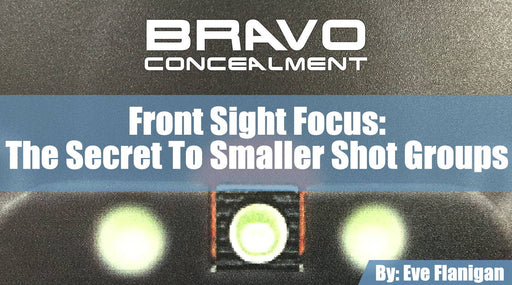
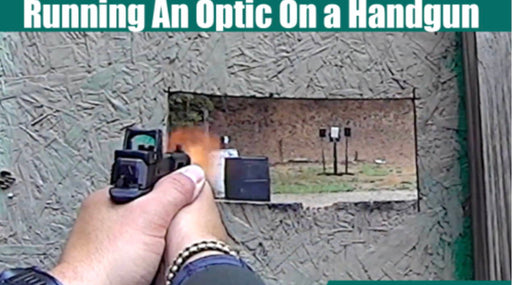
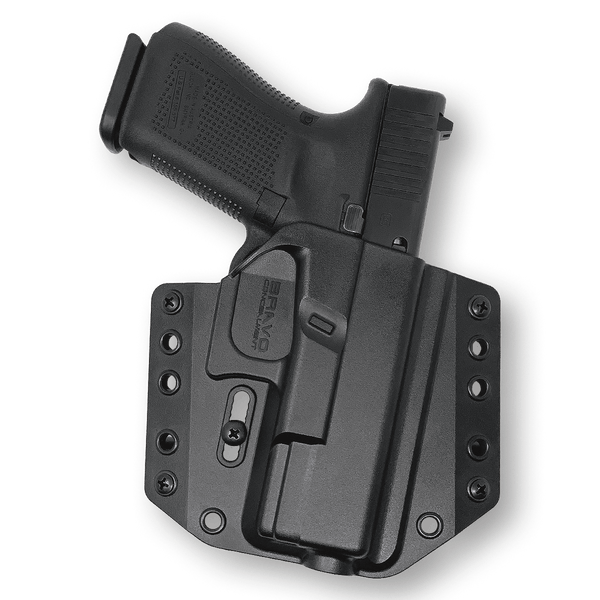
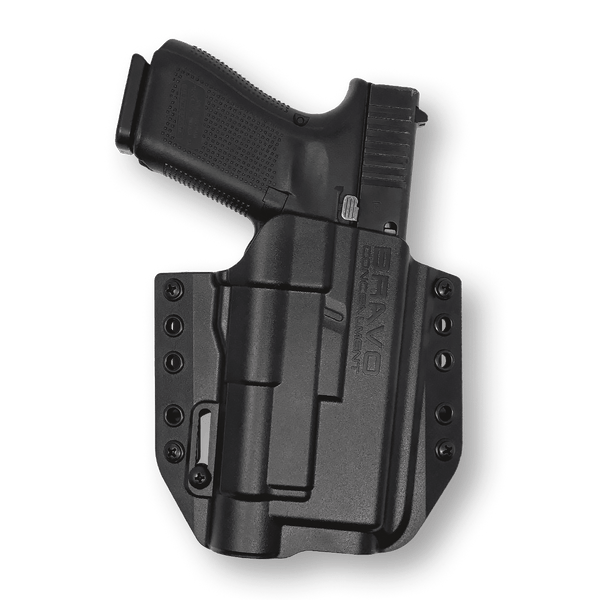
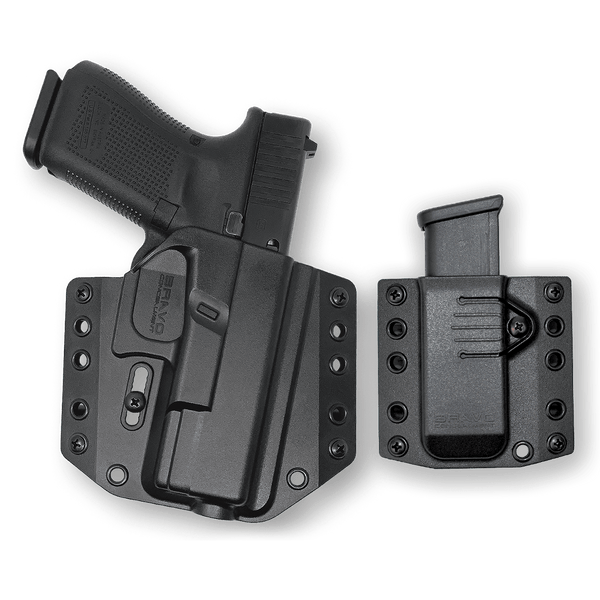

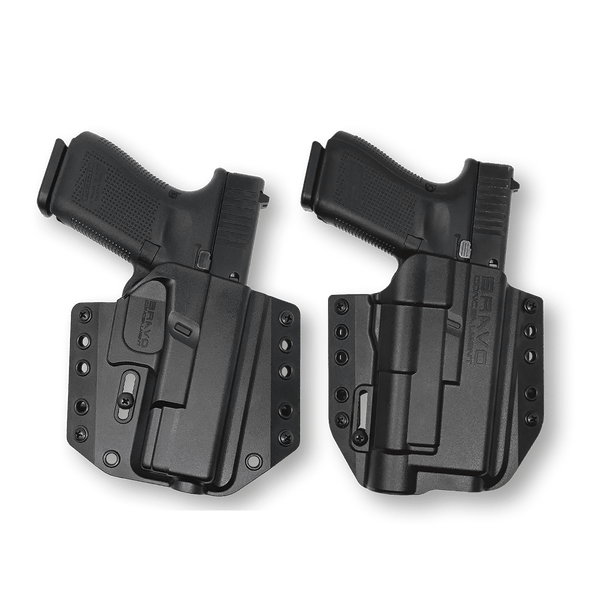
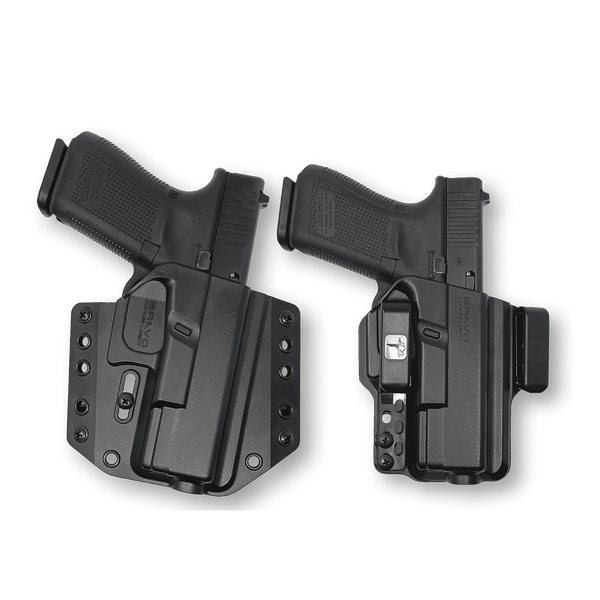
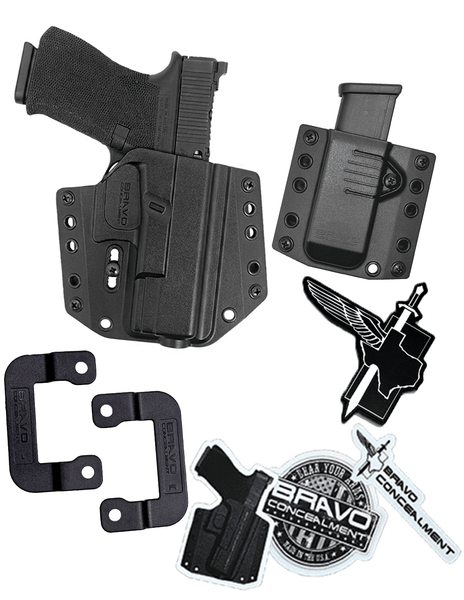
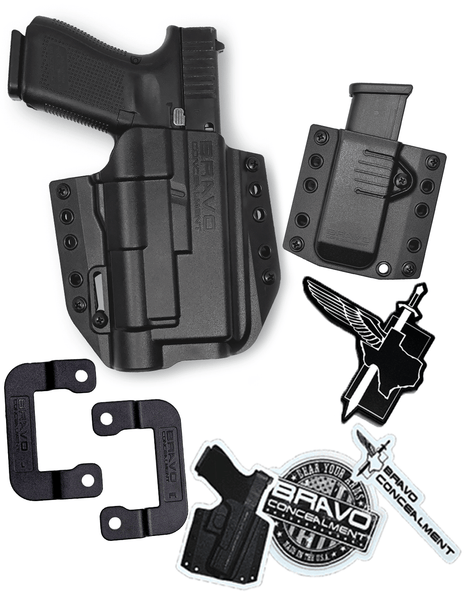
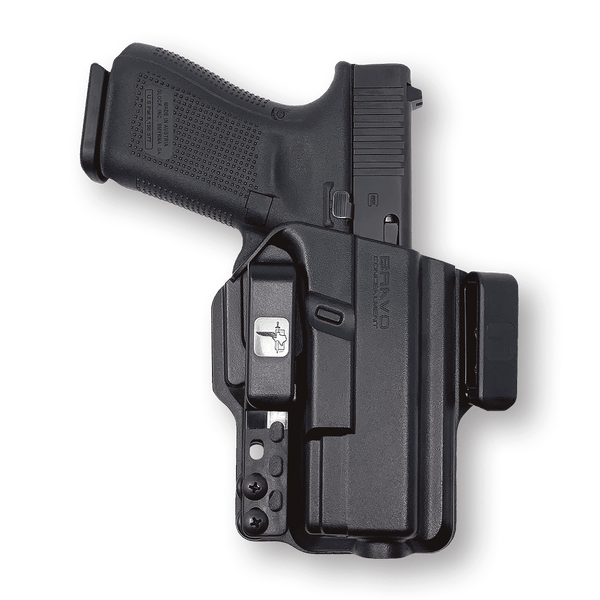
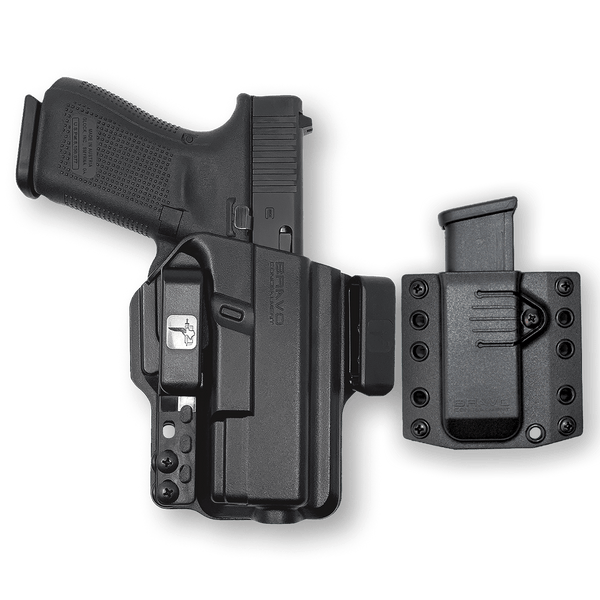
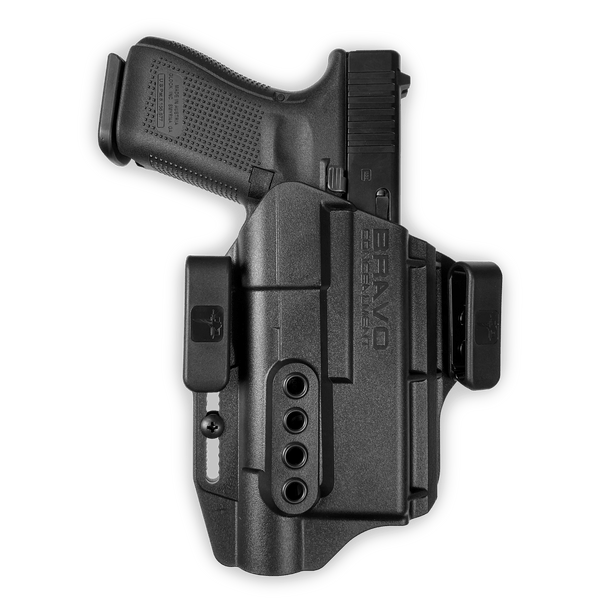
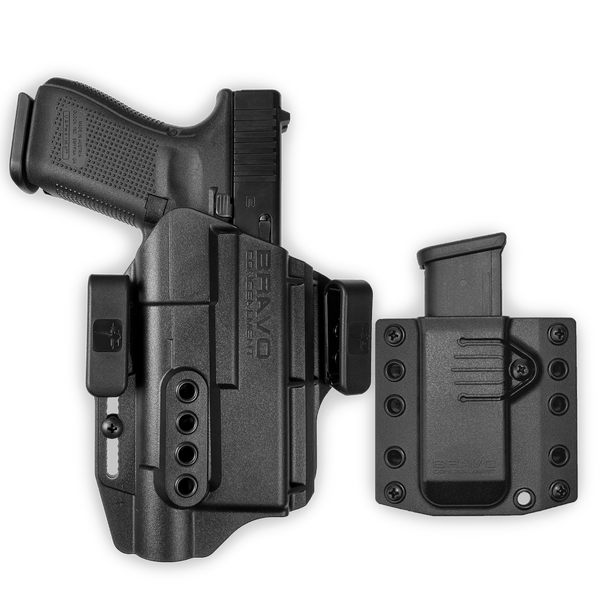
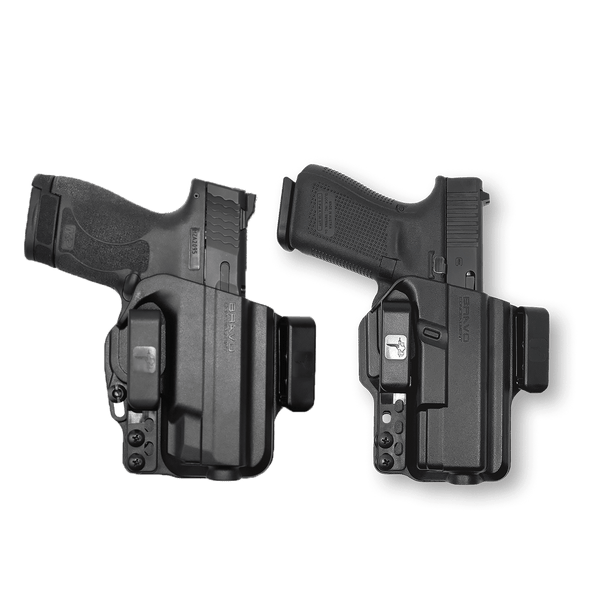
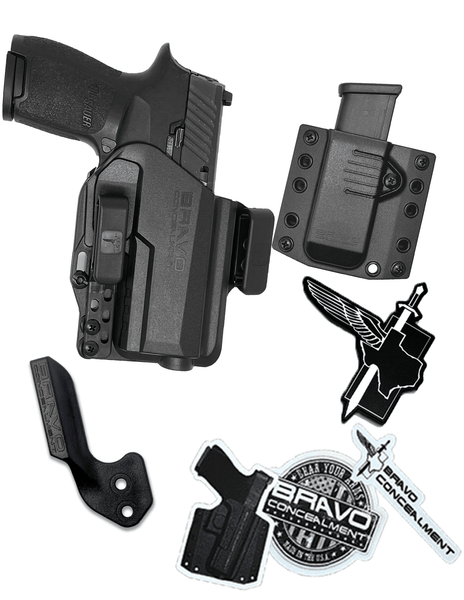

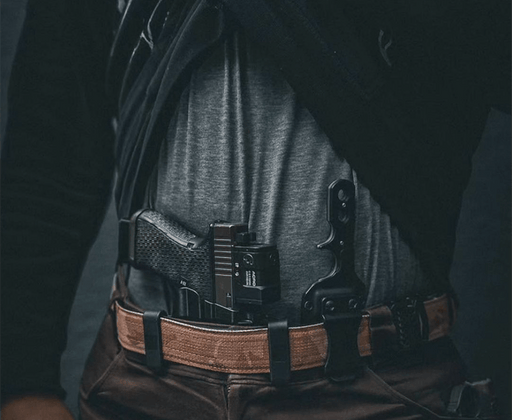
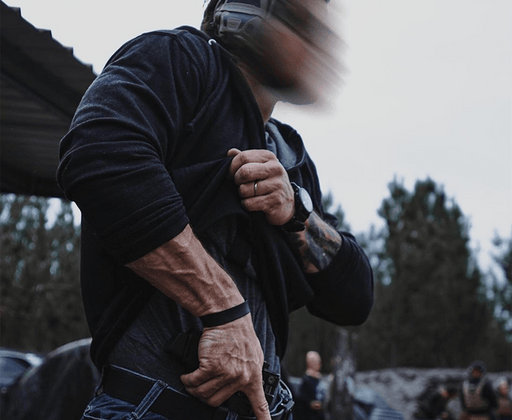
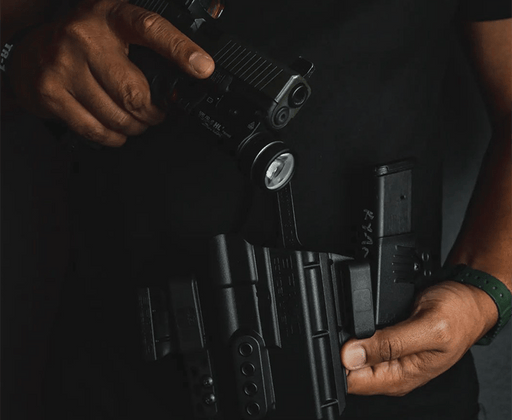
Leave a comment